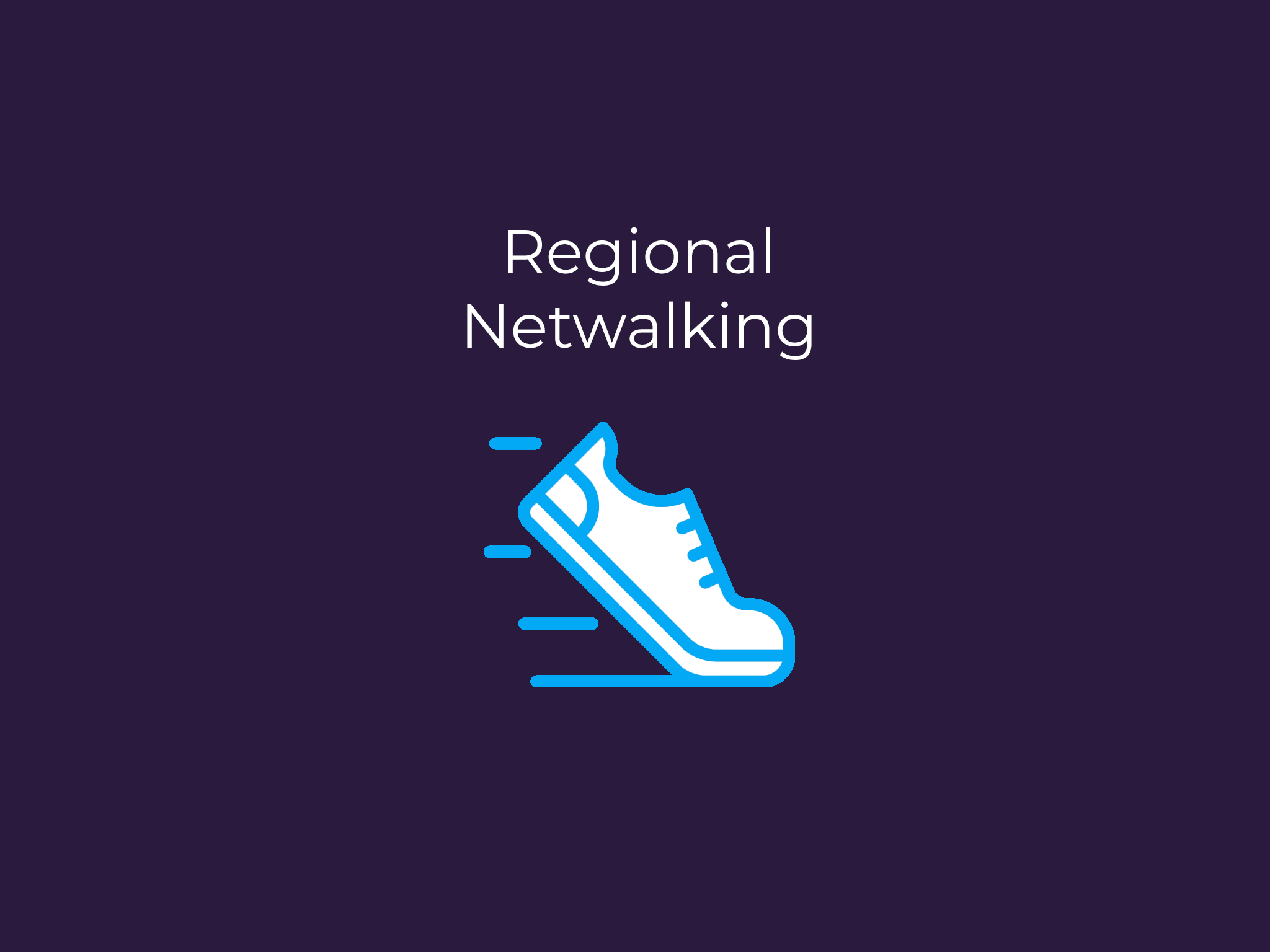Mental Health specialist Sally Desborough, our guest speaker for our 15th February webinar on achieving healthy and sustainable high performance discusses how to achieve an organisation wide approach to wellbeing.
Agents Together reported in January 2021 that the estate agency industry was facing a mental health crisis during the Covid pandemic, as 62% of agents reported problems but only 16% said their employer had any help on offer. Its poll of agents and subsequent report also revealed that nearly 90% of estate agency employees agree that mental health support should be built into their company’s culture.
Three quarters of agents admitted going to work when feeling mentally unwell and that 55% of staff didn’t reveal this due to a fear of judgement and stigma.
Also, 84% of those polled said they would like to receive more education on mental health in the workplace.
The Institute of Residential Property Management (IRPM) and The Association of Residential Managing Agents (ARMA) revealed that 60 percent of respondents said their mental health was at risk because of their work, while almost all respondents said they had been treated rudely in the last 12 months.
Positive steps have been made in recent years within the property industry, but the general thought is that more is needed to recognise and support those with mental health issues.
What are the industry factors impacting mental health?
The impact of certain industry factors is influencing the mental health of employees, we can see this through the research stated above.
So, what are the factors influencing people’s mental health. Needless to say there are many, from working long hours, to having demanding deadlines, a competitive and pressurised market, global instability and lone working. There isn’t one single factor that influences mental health, it tends to be a complex mix of all sorts of factors coming together.
Prevention is better than cure
We know that no one person is immune to developing poor mental health. The responsibility of health and wellbeing sits with individuals as well as organisations more broadly.
We as individuals are responsible for our own health and wellbeing and the choices that we make, however the environment in which we work also plays a huge part in how we feel on a day-to-day basis.
An organisation wide approach to wellbeing is therefore needed. How can this be achieved?
- Building trusting connections and support systems so that people know where to go and what to do if they’re experiencing difficulty. This could be a safe space to talk to a colleague who shows care and understanding or accessing more professional support like an Employee Assistance Programme. If employees can talk sooner about an issue, it is less likely to become more severe.
- Using technology to your advantage. Remote working is a reality for many. What opportunities can be created to replicate the ‘chat at the water machine’ conversation? Social connection is vital to health and wellbeing so making those opportunities is crucial, as well as finding and making time to see people face to face.
- Arranging social events to encourage the social side of work
- Promoting flexibility and autonomy
- Implementing training in specific areas to equip people with relevant practical skills to manage their day to day. This could be building resilience, time management skills, communication skills, conflict resolution, mental health first aid, line management training. The list could go on.
These are some starting points. When it comes to workplace wellbeing, for true culture change, everyone needs to be involved. Sometimes it’s considered an HR responsibility, but the truth is, workplace wellbeing needs to be a strategic priority, with people at all levels involved.
Sally Desborough, Your Wellbeing Hub
www.yourwellbeinghub.co.uk
07894 801717




